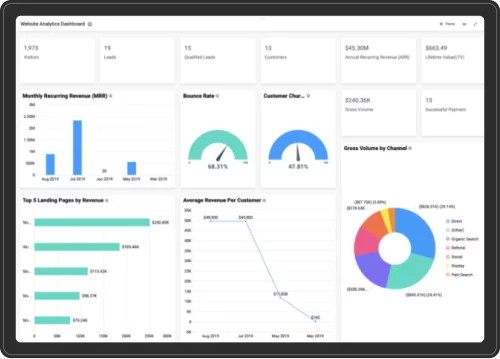Email marketing remains one of the most effective digital marketing strategies for businesses of all sizes. With the ability to reach customers directly in their inbox, it offers unparalleled opportunities for engagement, conversion, and relationship building. In this blog post, we’ll explore what email marketing is, its benefits, best practices, and tips for crafting successful campaigns.
What is Email Marketing?
Email marketing is a form of direct marketing that involves sending promotional messages or newsletters to a group of people via email. It’s a versatile tool used for various purposes, including:
- Promotions and Sales: Informing subscribers about special offers, discounts, and new products.
- Newsletters: Sharing valuable content, updates, and industry news to keep your audience informed.
- Customer Engagement: Building relationships with customers through personalized communications and follow-ups.
- Lead Nurturing: Guiding potential customers through the sales funnel with targeted messages.
Benefits of Email Marketing
-
Cost-Effective: Compared to traditional marketing methods, email marketing is relatively inexpensive, making it accessible for businesses with any budget.
-
High ROI: According to studies, email marketing can generate an average return of $42 for every dollar spent, making it one of the highest ROI marketing channels.
-
Targeted Audience: Email marketing allows you to segment your audience based on various criteria, enabling you to send personalized messages that resonate with specific groups.
-
Measurable Results: With tools like open rates, click-through rates, and conversion rates, you can easily track the success of your campaigns and make data-driven decisions.
-
Customer Retention: Regular communication through email helps build relationships, keep customers informed, and encourage repeat business.
Best Practices for Successful Email Marketing
-
Build a Quality Email List: Focus on growing your email list organically by encouraging website visitors to subscribe, offering incentives like discounts, and ensuring compliance with privacy regulations.
-
Segment Your Audience: Divide your email list into segments based on demographics, behavior, or purchase history to send targeted and relevant messages.
-
Craft Compelling Subject Lines: Your subject line is the first thing recipients see, so make it engaging and concise to encourage opens.
-
Personalize Your Content: Use recipients’ names and tailor content based on their interests or past interactions to enhance engagement.
-
Optimize for Mobile: Ensure your emails are mobile-friendly, as a significant portion of users access emails on their smartphones and tablets.
-
Include Clear Calls-to-Action (CTAs): Guide your readers toward desired actions with clear and compelling CTAs that stand out in your emails.
-
Test and Analyze: Use A/B testing to evaluate different elements of your emails (subject lines, content, CTAs) and analyze campaign performance to improve future efforts.
Tips for Crafting Effective Email Campaigns
-
Create Valuable Content: Provide content that is relevant and valuable to your audience, whether it’s educational articles, tips, or exclusive offers.
-
Establish a Consistent Sending Schedule: Consistency is key in email marketing. Decide on a frequency (weekly, bi-weekly, monthly) and stick to it to keep your audience engaged.
-
Leverage Automation: Use email marketing automation tools to send timely messages based on user behavior, such as welcome emails, cart abandonment reminders, or re-engagement campaigns.
-
Monitor Metrics: Regularly review key performance metrics, such as open rates, click-through rates, and conversion rates, to gauge the effectiveness of your campaigns.
-
Encourage Feedback: Invite your subscribers to share their opinions and preferences, which can help you refine your strategy and improve engagement.
Conclusion
Email marketing is a powerful tool for businesses seeking to build relationships, drive sales, and enhance customer engagement. By following best practices and leveraging the benefits of targeted, personalized communications, you can create effective email campaigns that resonate with your audience. As you explore the potential of email marketing, remember that consistency, value, and engagement are key to long-term success.

